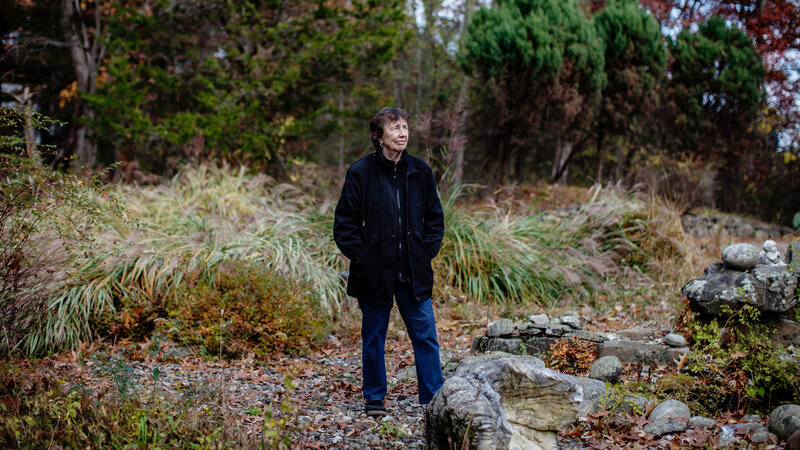https://www.npr.org/2023/08/08/ [login to see] /composer-joan-tower-is-finally-going-easy-on-herself
Joan Tower's first major orchestral work, Sequoia, from 1981, opens with the boom of a massive gong and a fusillade of deafening cowbells. Like the statuesque redwoods of the title, the music looms majestically large — so much so that hearing it performed can sometimes startle the composer herself. "That's about the loudest thing you can create," Tower explains, "and every time I hear that, I go, 'No! Can we tone that down a little bit?'"
That playful apology is typical Tower. For a composer with a rack of honorary doctorates, three Grammys, the Grawemeyer Award for music (she was the first woman to receive it, in 1990) and a host of other accolades, Tower is surprisingly self-doubting when it comes to her music — and yet quite forthcoming about her inspirations. The rhythmic drive at the core of her work comes from her idols, Beethoven and Stravinsky, while other, deeper impulses stem from her years in Bolivia, where her family moved from Larchmont, N.Y., when she was 9. She kept up her piano studies there with a strict German teacher, but let loose with local Incan musicians, playing percussion and learning to dance.



 Music
Music



